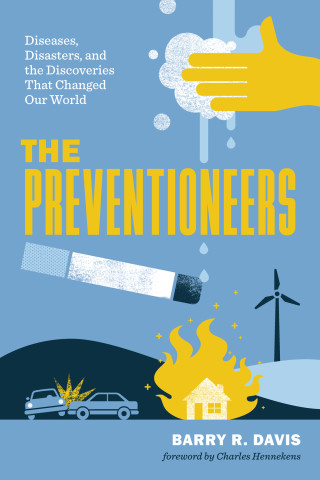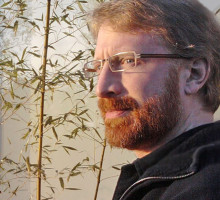
Reviews
Southwell has made major contributions to our understanding of the roles that social processes play in driving the diffusion and impact of science- and health-related information. Concise and empirically grounded, Social Networks and Popular Understanding of Science and Health cautions against widespread reliance on peer-to-peer sharing strategies to disseminate vital information. In doing so, it challenges all of us—scientists, educators, and policy-makers—to think more critically and creatively about the potential for our communication efforts to increase disparities in access to information that can help people live healthier lives in a healthier world.
Readers of Social Networks and Popular Understanding of Science and Health: Sharing Disparities are likely to come away better informed and inspired.
Southwell’s thoughtful and empirically-based critique of how social media may actually exacerbate inequalities makes a significant contribution to the literature but also has profound implications for policy and practice.
Southwell’s book upends the assumption that we are all connected in this age of information, pointing to the glaring differences among the haves and the have-nots. Those who do not have ready access to critical information are disadvantaged, and thus the rending disparities are made worse; the chasm deepens. Southwell presents a concise, well-researched argument for the various influences on information sharing and argues that we must confront the great myth of the internet age: that there is now a level playing field for everyone.
It took years for us to get over the assumption that the whole world is watching. Now, Southwell is helping us get over the 'small world' assumption—that we’re all equally networked. This book gathers dozens of studies on how, when, where, and why information does and doesn’t travel, and what we know about overcoming the resultant inequalities.
An absorbing book... Southwell eloquently explains what few will have realized: that the explosion of opportunities to share knowledge through social media appears to exacerbate disparities in public understanding of health and science, rather than level the field. He challenges us to think more deeply about strategies for public communication that would prevent those most socio-economically disadvantaged from being left even further behind.
Southwell is a leading expert on communication about science and health. This book is necessary reading for anyone interested in human survival and well-being and how communication through mass media and via social networks affects both.
Southwell provides critical frameworks and findings regarding health and social media. Digitally enabled by social media tools, peer-to-peer connections can amplify voices by shaping health content and user experiences.
Book Details
Acknowledgments
1. Introduction
2. Evidence of Inequality in Information Sharing
3. A Catalogue of Information-Sharing Behaviors
4. Who One Is Matters: Individual-Level Factors
5. Where One Is Matters
Acknowledgments
1. Introduction
2. Evidence of Inequality in Information Sharing
3. A Catalogue of Information-Sharing Behaviors
4. Who One Is Matters: Individual-Level Factors
5. Where One Is Matters: Community-Level Factors
6. What Information Matters: Content-Level Factors
7. The Consequences of Information Sharing
8. Remedies and Realism
References
About the Author
Index






